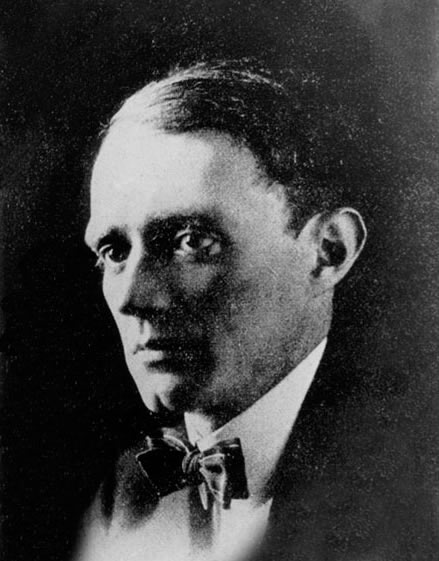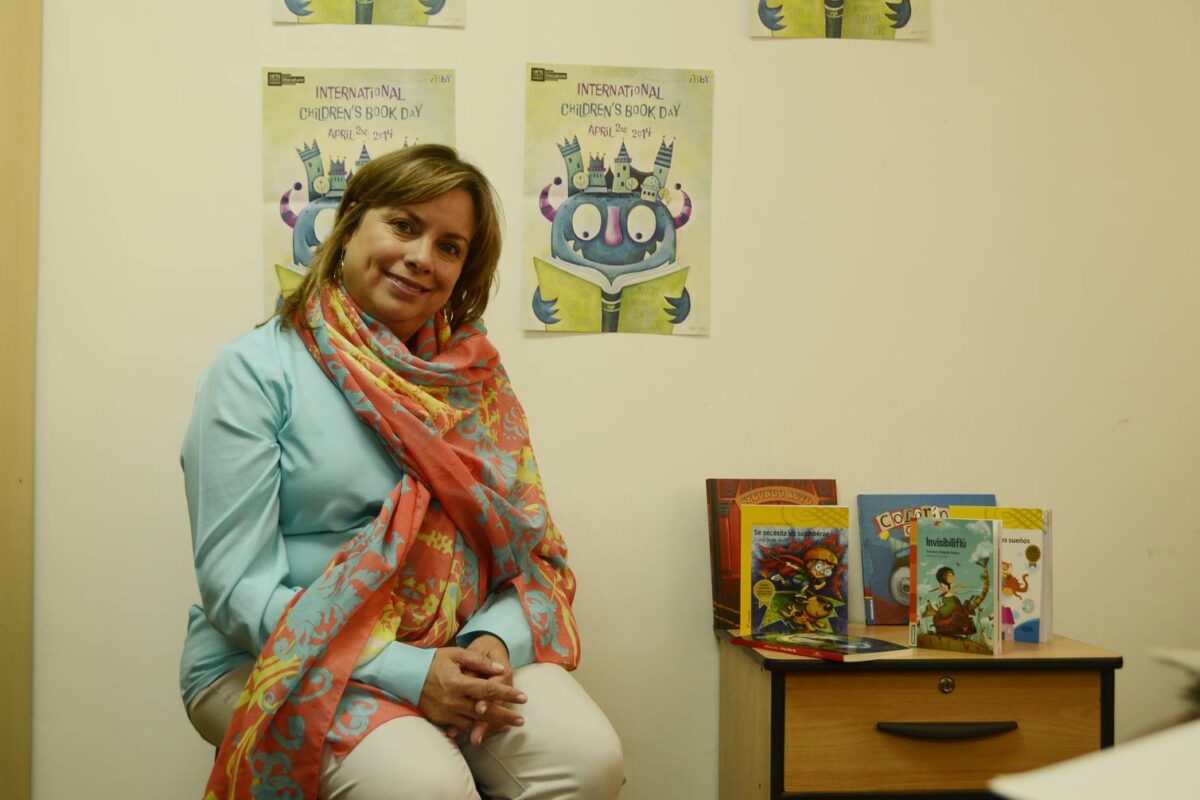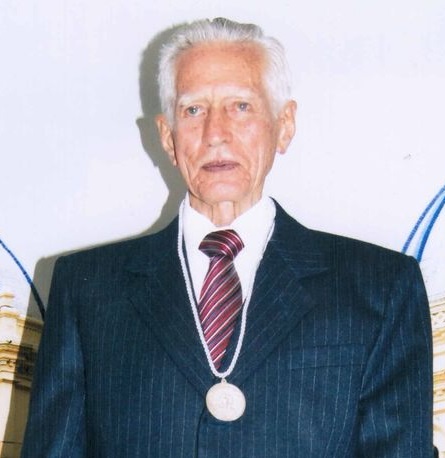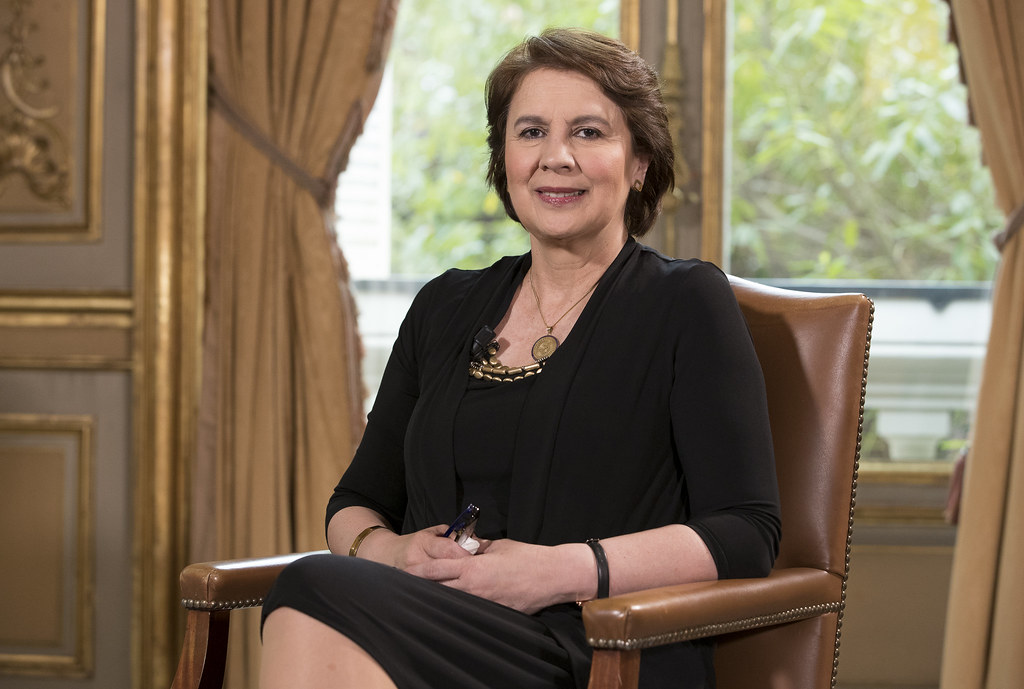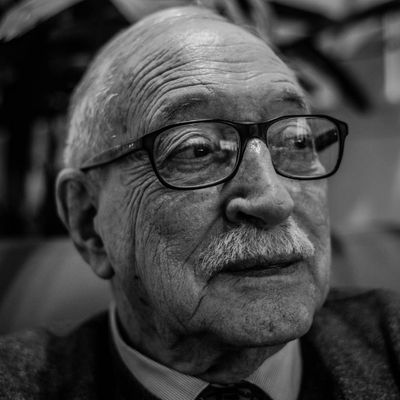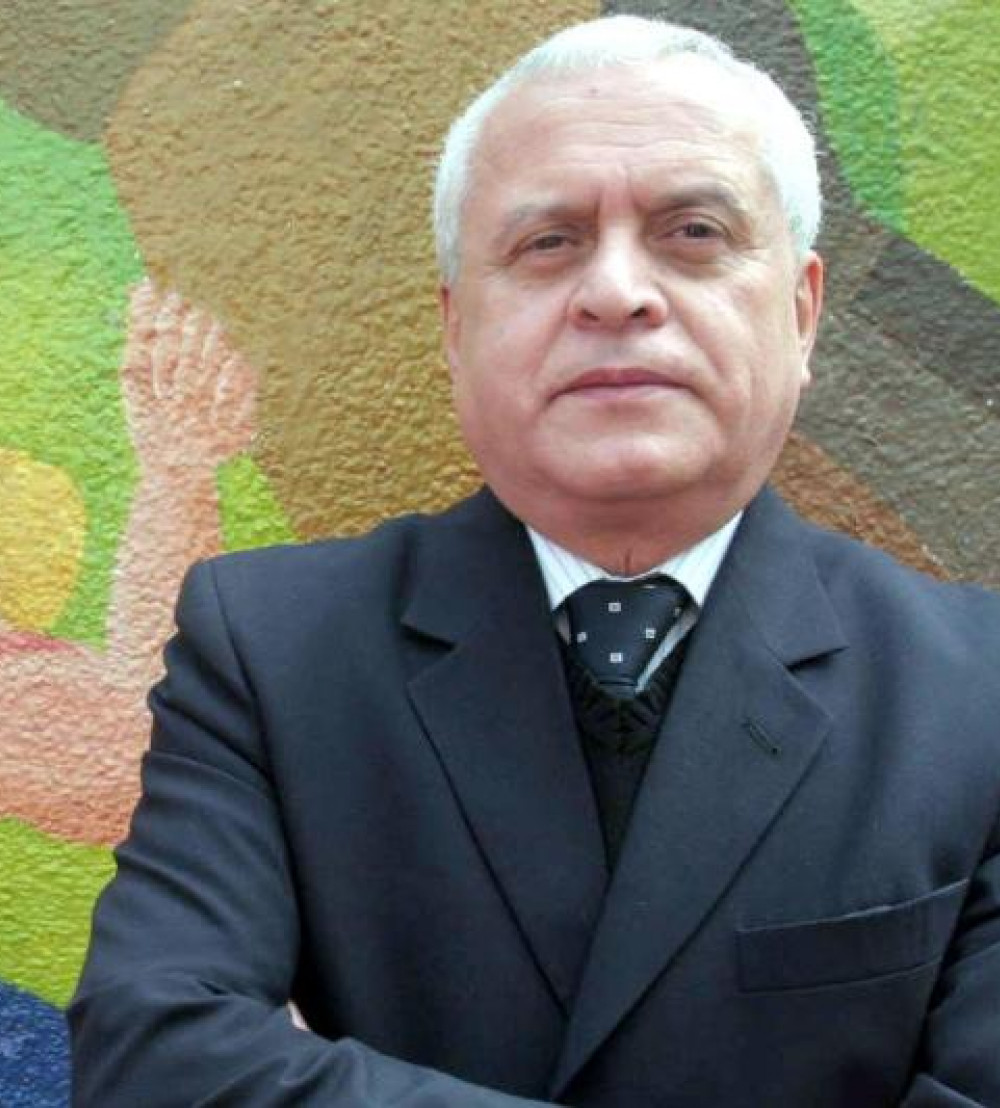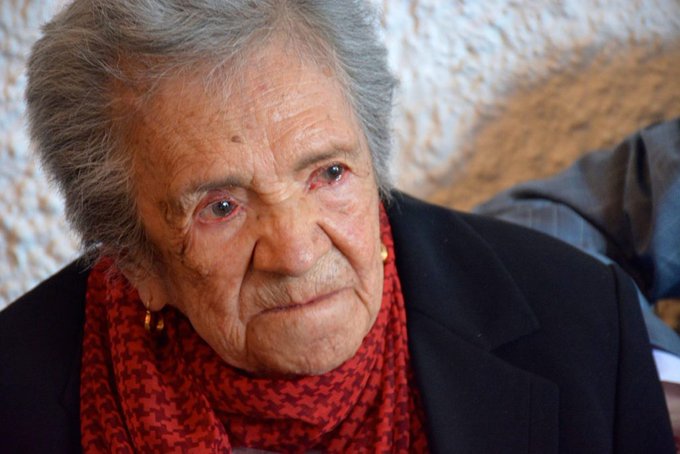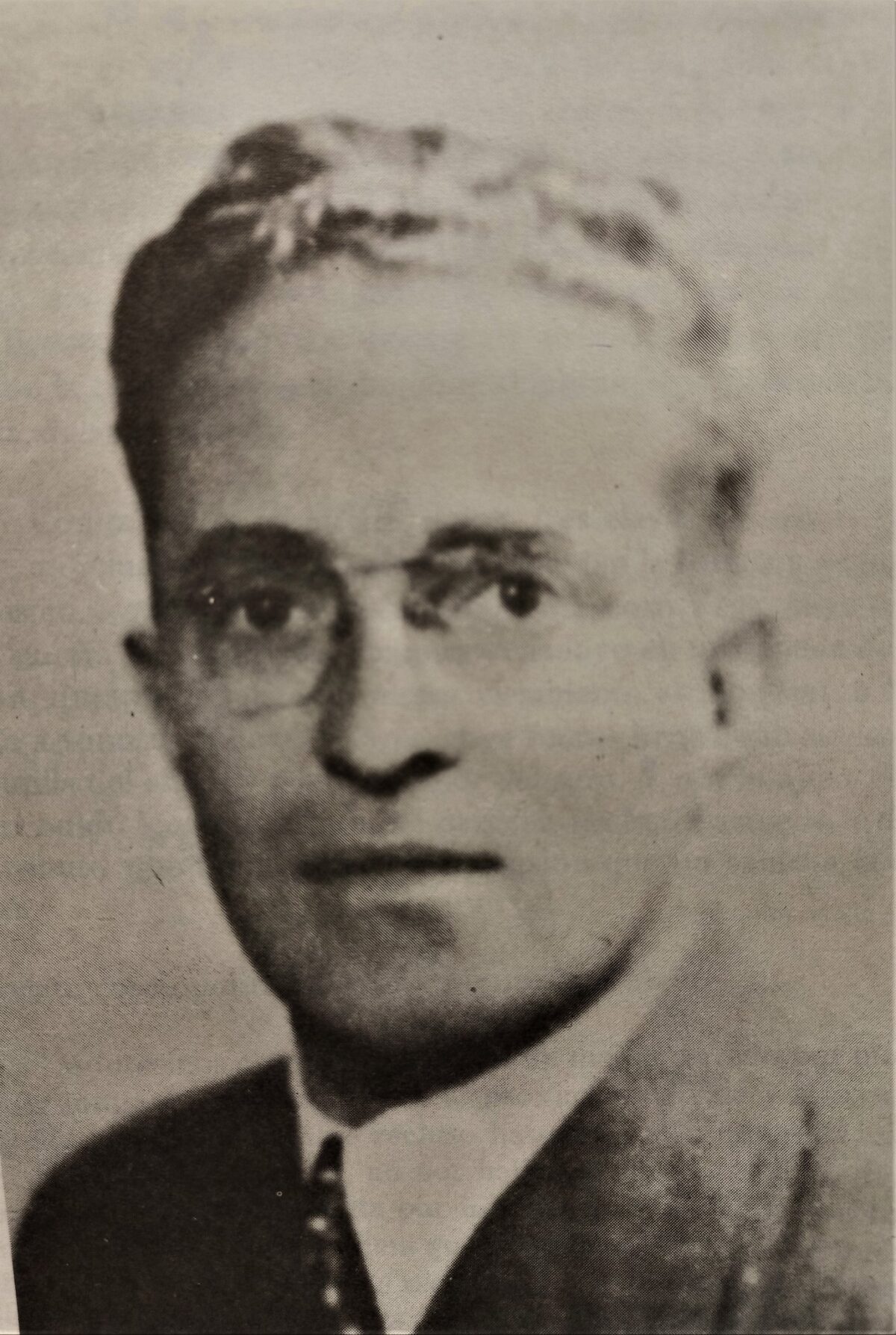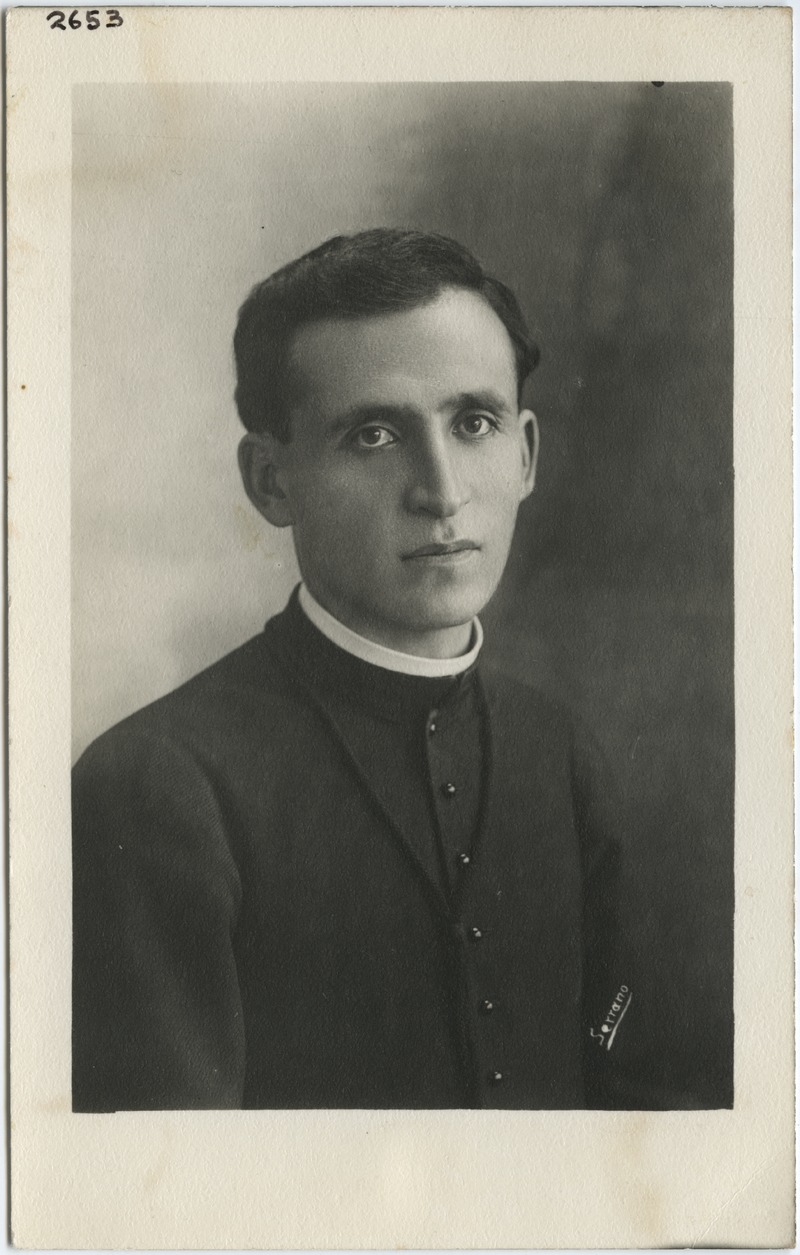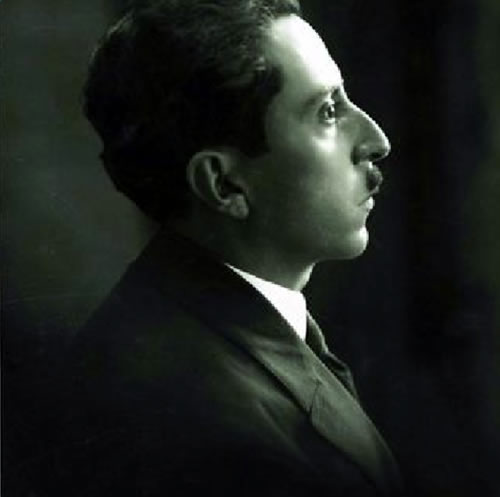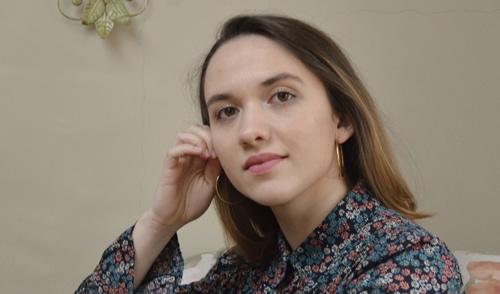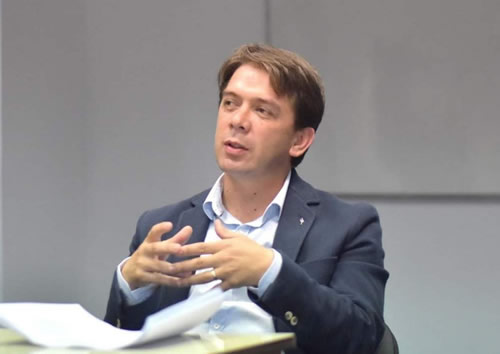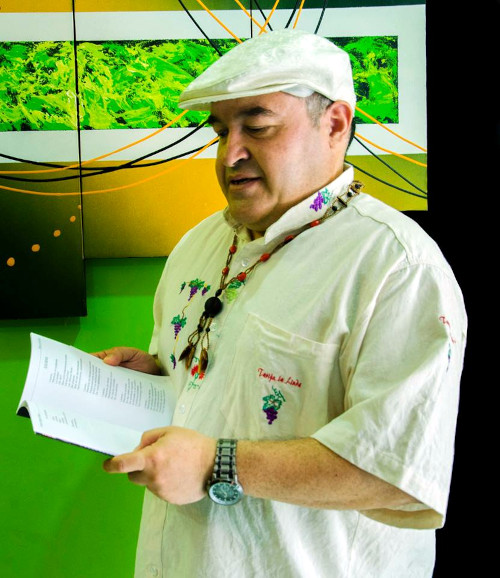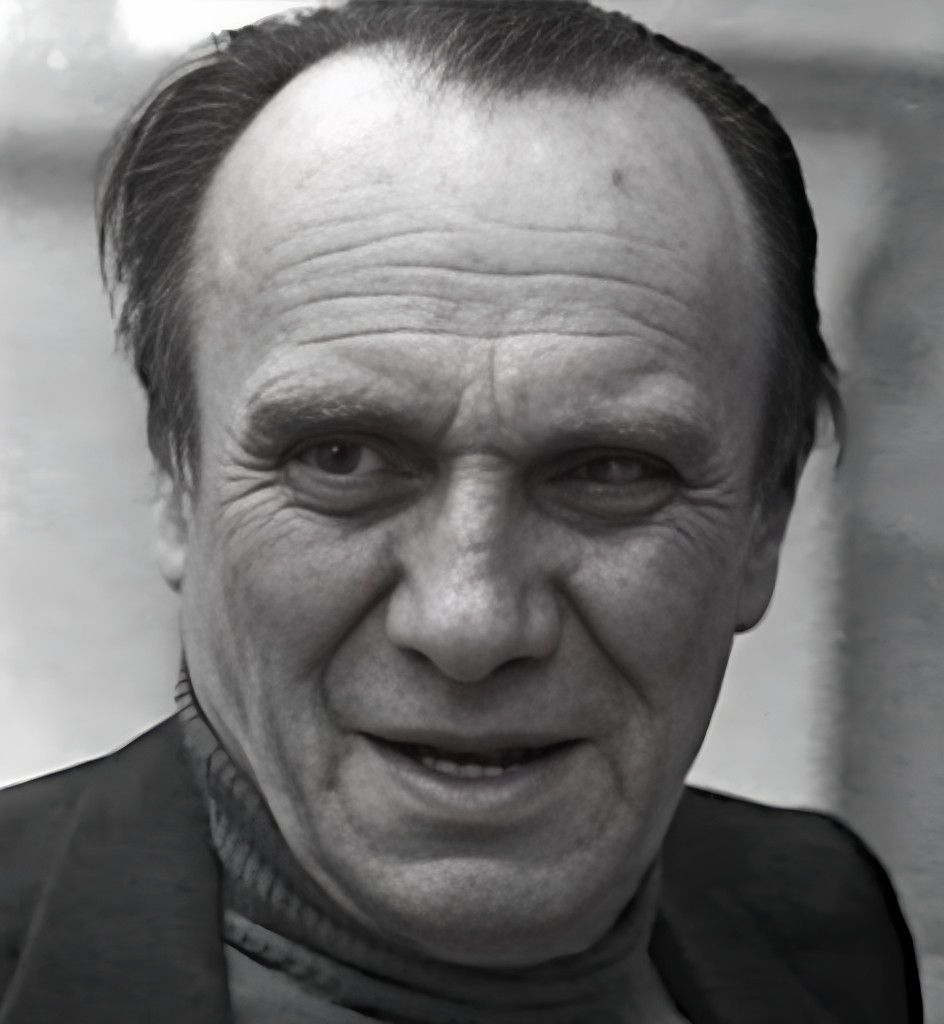Remigio Romero y Cordero (Cuenca, June 13, 1895 – Quito, 1967) was an Ecuadorian poet, lawyer, professor, parliamentarian and journalist. He was the son of the poets Remigio Romero León and Aurelia Cordero Dávila. After graduating from high school at Benigno Malo National School, he enrolled in the Faculty of Jurisprudence at the University of Cuenca, where he went on to earn the degrees of Doctor of Jurisprudence and Lawyer of Ecuador’s Courts of Justice. He grew up and received his initial education under the protection of the political and social reforms brought about by the Liberal Revolution. He earned significant acclaim due to his brilliant poetry, which gained him the honor of being crowned poet at the Quito Poetry Festival in 1933.
Continue reading “Remigio Romero y Cordero”Category: Writers from Cuenca
Juana Neira Malo
Juana Neira Malo (Cuenca, May 29, 1963) is an Ecuadorian author of children’s literature. In 2008 she published her first book, “Mi amiga secreta.” In 2009, her second book “Se necesita a un súper héroe,” won the “Darío Guevara Mayorga” Prize. She was president of Girándula, the Ecuadorian Book Association for Children and Young People, a branch of IBBY (International Board on Books for Young People) in Ecuador. She produced and hosted a literary radio program, Sueños de papel, from 2006 to 2018. The program contributed to the country’s culture by highlighting several contemporary Ecuadorian authors and focusing on children’s and youth literature. In August of 2020 it was announced that she was the new director of the “José de la Cuadra” National Plan for the Promotion of Books and Reading.
Continue reading “Juana Neira Malo”Jacinto Cordero Espinosa
Jacinto Cordero Espinosa (Cuenca, June 25, 1926 – September 29, 2018) was an Ecuadorian poet. He authored several poetry collections and his poems have been included in various poetry anthologies both at home and abroad. In addition to being a professor in the Faculty of jurisprudence at the University of Cuenca, he was the director of the Azuayan Folklore Institute and president of the Commission of the Castle of Ingapirca. He was a recipient of the National Cultural Merit Medal from the House of Ecuadorian Culture. He also received the Cultural Merit Medal from Ecuador’s Ministry of Education. He was a corresponding member of the Ecuadorian Academy of Language and a member of the House of Ecuadorian Culture. Some of his poems have been translated into English, French, Portuguese, and German.
Continue reading “Jacinto Cordero Espinosa”Rosalía Arteaga
Rosalía Arteaga, born Lupe Rosalía Arteaga Serrano (Cuenca, December 5, 1956) is an Ecuadorian social activist, writer, and politician. She served as president of Ecuador between February 6-11, 1997. She was the first woman constitutional president and vice president of Ecuador. She co-authored the book “Alto Cenepa: los frentes de una guerra,” (1995) and wrote the book “La Presidenta, el secuestro de una propuesta” (1997). Her best known book is “Jerónimo,” which has gone through 8 editions in Spanish, 2 in English, and 1 in Chinese, Braille, Portuguese, Italian and a bilingual edition in Spanish/Portuguese. A continuation, “Los otros Jerónimos,” was published in 2002, with a prologue by the Spanish writer Rosa Montero. She has also written children and youth literature. She currently lives in Quito, Ecuador.
Continue reading “Rosalía Arteaga”Simón Espinosa Cordero
Simón Espinosa Cordero (Cuenca, October 8, 1920) is an Ecuadorian writer, journalist, editor, and university professor. He became a member of the Ecuadorian Academy of Language in 2013. He has a PhD from the Pontifical Catholic University of Ecuador. He has authored over one hundred essays, prologues and nearly three thousand opinion columns, his books include “Comunicación, ética y paz social” (1990, co-author), “Presidentes del Ecuador 1830-2000” (2002), “Grandes escritores de la patria” (2004) and “Los más bellos cuentos del poeta” (2011, co-author). In 2014 he published his latest book, “Vine, vi, linché,” a collection of 124 opinion columns he wrote between 1982 and 2012.
Continue reading “Simón Espinosa Cordero”Francisco Proaño Arandi
Francisco Proaño Arandi (Cuenca, January 20, 1944) is an Ecuadorian novelist, short story writer, essayist, and diplomat. In the 1960’s he was part of the literary group called Tzántzicos. In 1961, when he was 17 years old, he published a poetry book titled “Poesías.” However, since then he has dedicated himself solely to prose. In 1964 he started the magazine Z with Alejandro Moreano, and the magazine La bufanda del sol (1965-1966) with Ulises Estrella and Alejandro Moreano. In 1972, he published his first book of poems, “Historias de disecadores.” In 1984, he published his first novel, “Antiguas caras en el espejo,” which was critically acclaimed and was awarded the José Mejía Lequerica Prize by the Municipality of Quito for best prose work. In 1993, he published a second novel, “Del otro lado de las cosas.” In 2003 his short story book, “Historias del país fingido,” won the Joaquín Gallegos Lara Prize. In 2003, his third novel, “La razón y el presagio” was published. His fourth novel, “Tratado del amor clandestino,” was a finalist of the Rómulo Gallegos International Prize (2009, Caracas, Venezuela) and the José María Arguedas Prize from the Casa de las Américas (2010, Havana, Cuba). In 2009, his fifth novel “El sabor de la condena” also won the Joaquín Gallegos Lara Prize. From 2002 to 2003 he was the director of the House of Ecuadorian Culture’s magazine Letras del Ecuador. Although he was born in Cuenca, he has lived in Quito most of his life since that’s where his family is originally from.
Continue reading “Francisco Proaño Arandi”Inés Márquez Moreno
Inés Márquez Moreno (Cuenca, June 7, 1914 – August 18, 2017) was an Ecuadorian poet. Her first poetry collection, “Denuncia del sueño,” was published by the House of Ecuadorian Culture in Azuay in 1963. Her style is characterized by great simplicity and evocative force, and her subjects include love, land, friendship, and family. In 1994, the House of Ecuadorian Culture published her second collection of poems, “Camino de mediodía.” She was awarded the Fray Vicente Solano Medal by the city of Cuenca, which is given to the city’s most distinguished authors. She was a member of the Ibero-American Academy of Poetry in Cuenca since its inception. She continued to write into her 90s and died at the age of 101.
Continue reading “Inés Márquez Moreno”Arturo Montesinos Malo
Arturo Montesinos Malo (Cuenca, August 31, 1913 – May 23, 2009) was an Ecuadorian novelist, professor, and translator who lived in the United States for many years where he worked as a translator at the United Nations in New York. In 1959, he received the “José de la Cuadra” Award for his short story collection “Arcilla indócil,” which is considered by many to be his best work. Some of his Spanish-to-English translations of contemporary writers’ short stories and poems appeared in Letras del Ecuador.
Continue reading “Arturo Montesinos Malo”Manuel María Palacios Bravo
Manuel María Palacios Bravo (Cuenca, January 9, 1891 – 1972) was an Ecuadorian poet, writer, and Catholic priest known for his deeply spiritual and melancholic works that blended religious themes with modernist and neoclassical influences. His poetry often reflected on life, death, and the human condition, with notable works including Chabita (1922), La elegía del Pichincha (1923), and Cantos de ayer (1953). He was also a member of the Academia Ecuatoriana de la Lengua and played a key role in Ecuador’s cultural and religious spheres, particularly through his involvement in the construction of Cuenca’s Cathedral. In 1957, the University of Cuenca included a selection of his poems, curated by Rigoberto Cordero y León, in the anthology Presencia de la Poesía Cuencana.
Continue reading “Manuel María Palacios Bravo”Alfonso Moreno Mora
Alfonso Moreno Mora (Cuenca, April 21, 1890 – Cuenca, April 1, 1940) was a modernist poet. He co-founded the magazine Páginas Literarias with his cousin Miguel Moreno Serrano in 1918, becoming its editor in chief. He published poems in this magazine under the pseudonyms Enrique de Rafael and Raedel. He also promoted the work of modernist poets such as Argentina’s Leopoldo Lugones and Nicaragua’s Rubén Darío. Some of the magazines that published Moreno Mora’s poems include Austral, Azul, Proteo, and América Latina. He also contributed to the daily newspapers Diario del Sur, La Nación, and El Mercurio. He was a member of Ecuador’s so-called Decapitated Generation and authored works such as “Visión lírica,” “Epístola a Luis Felipe de la Rosa,” and “Elegías.” On April 1, 1940, shortly before his 50th birthday, Alfonso Moreno Mora passed away in his hometown. Eleven years later, his brother and fellow poet Manuel Moreno Mora published “Alfonso Moreno Mora. Poesía,” a compilation of his literary work.
Continue reading “Alfonso Moreno Mora”Camila Peña
Camila Peña (Cuenca, 1995) is an Ecuadorian poet, radio host and ballet dancer. In 2020 her first poetry book “Jardín Transparente,” won the Francisco Ruiz Udiel Hispanic American Poetry Award and will be published by Valparaíso Ediciones. She has a master’s degree in Artistic, Literary and Cultural Studies with a specialty in Comparative Literature, Literary Theory and Rhetoric from the Autonomous University of Madrid. In addition, she is a ballet dancer with 19 years of training and experience in creating artistic projects. She is currently the host of a cultural program on a radio station in Cuenca.
Continue reading “Camila Peña”Carlos Vásconez
Carlos Francisco Vásconez Gomezcoello (Cuenca, May 16, 1977) is an Ecuadorian novelist, short story writer, essayist, columnist and educator who has published short stories and novels since 1999. He is the president of the PEN Center Ecuador and was the president of the Azuay branch of the House of Ecuadorian Culture from 2011-2016. He is the vice-rector and a teacher at Las Pencas Educational Unit in Cuenca, Ecuador. He is also a professor at the School of Language and Literature at the University of Cuenca. He is the director of the newspaper La columna del invertebrado and is part of the Editorial Board of the cultural magazine Arrebol. He has been a columnist for several magazines and newspapers, such as Rocinante, Diners, BG Magazine, Cartón Piedra and La Casa. He has prefaced several anthologies of Ecuadorian short stories and poetry.
Continue reading “Carlos Vásconez”Miguel Moreno Serrano
Miguel Moreno Serrano (Cuenca, July 27, 1886 – Cuenca, January 19, 1943) was an Ecuadorian poet and literary critic. He had a PhD in biology as well as a medical degree in surgery, but he never practiced. He worked as the director of the Bank of Azuay, secretary of the University of Cuenca, and treasurer of Public Assistance of Azuay. He was the son of the poet Miguel Moreno Ordóñez.
Continue reading “Miguel Moreno Serrano”Patricio Guzmán Cárdenas
Patricio Guzmán Cárdenas (Cuenca, January 31, 1965) is a doctor, writer and poet. He has lived in Loja since the age of 14 and works as an anesthesiologist at the Macas General Hospital. His works have been published in different cities of Peru, Bolivia, Chile, Colombia and Ecuador. His poems cover a wide range of topics, many of which are inspired by his work as an anesthesiologist. He has published 4 books of poetry and a book of stories.
Continue reading “Patricio Guzmán Cárdenas”Antonio Lloret Bastidas
Antonio Lloret Bastidas (Cuenca, February 5, 1920 – November 5, 2000) was an Ecuadorian writer, journalist, critic and educator. He wrote several books of various genres: poetry, history, biography, fiction and nonfiction. From 1947 to 1960, he received several poetry awards, and in 1975, his novel “Los signos de la Llama,” which received praise from Jorge Luis Borges, won the House of Ecuadorian Culture’s novel competition. That same year, the Municipality of Cuenca awarded him the “Fray Vicente Solano” Cultural Award. In 1993, he joined the Ecuadorian Academy of Language. He was a founding member of the Azuay Union of Journalists and the Director of the Municipal Library. In 1993, Cuenca’s Municipal Council named him “Lifetime Chronicler of Cuenca.”
Continue reading “Antonio Lloret Bastidas”
